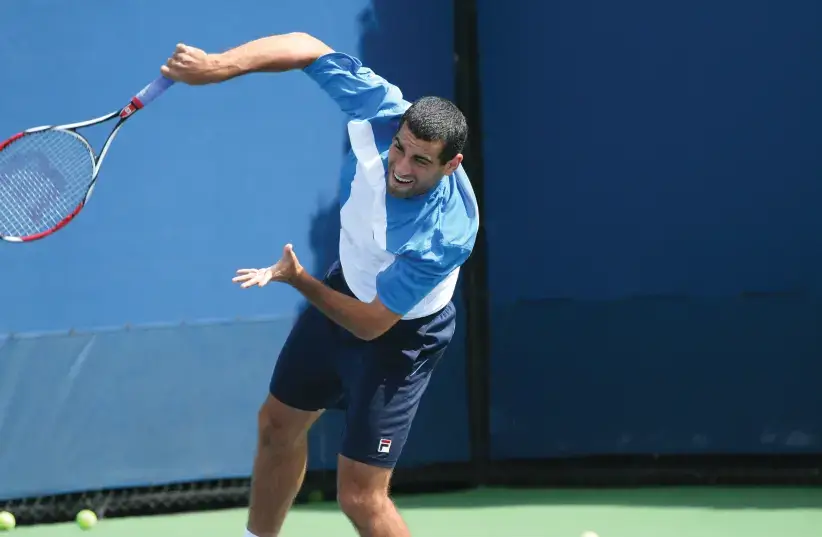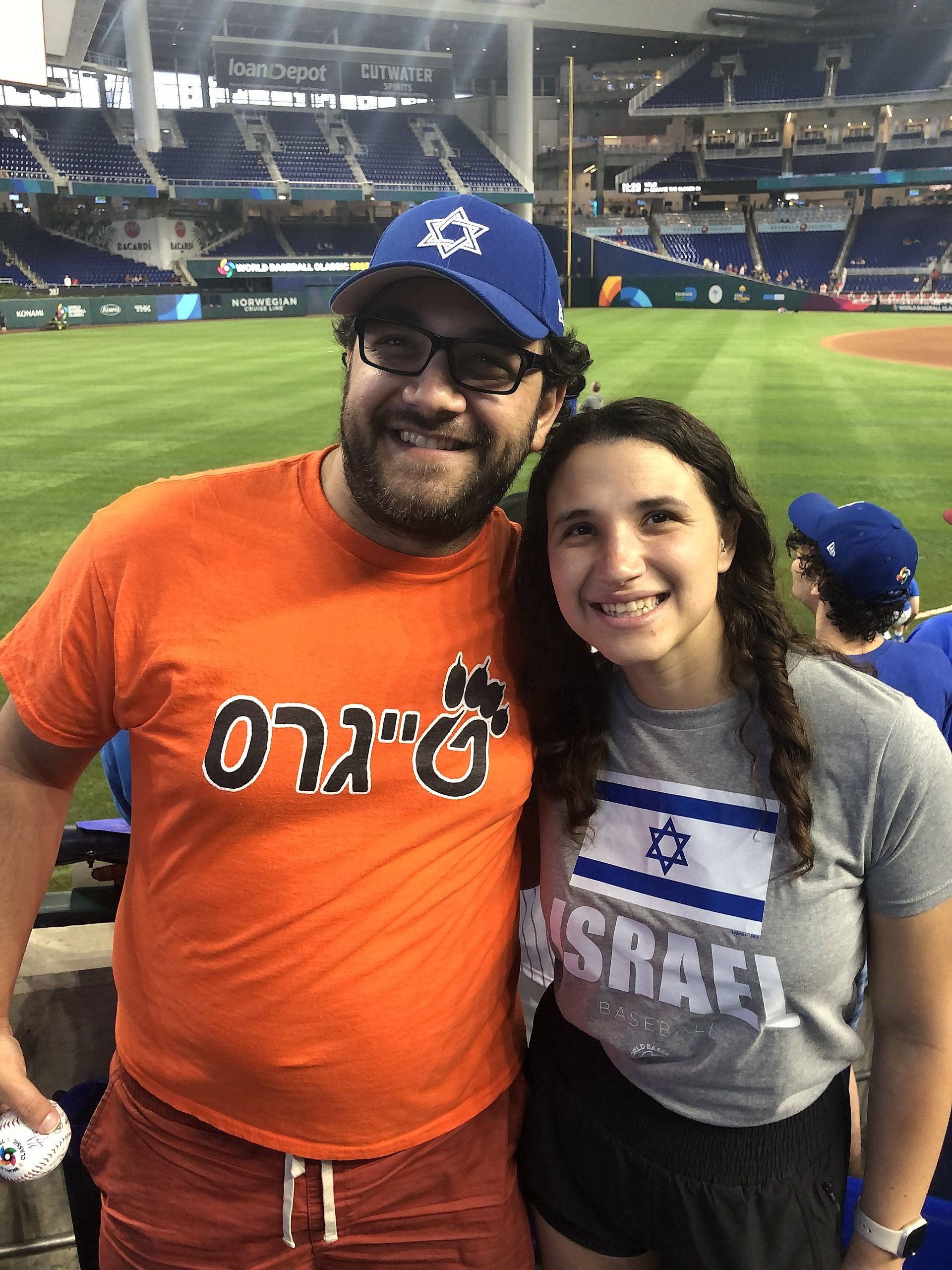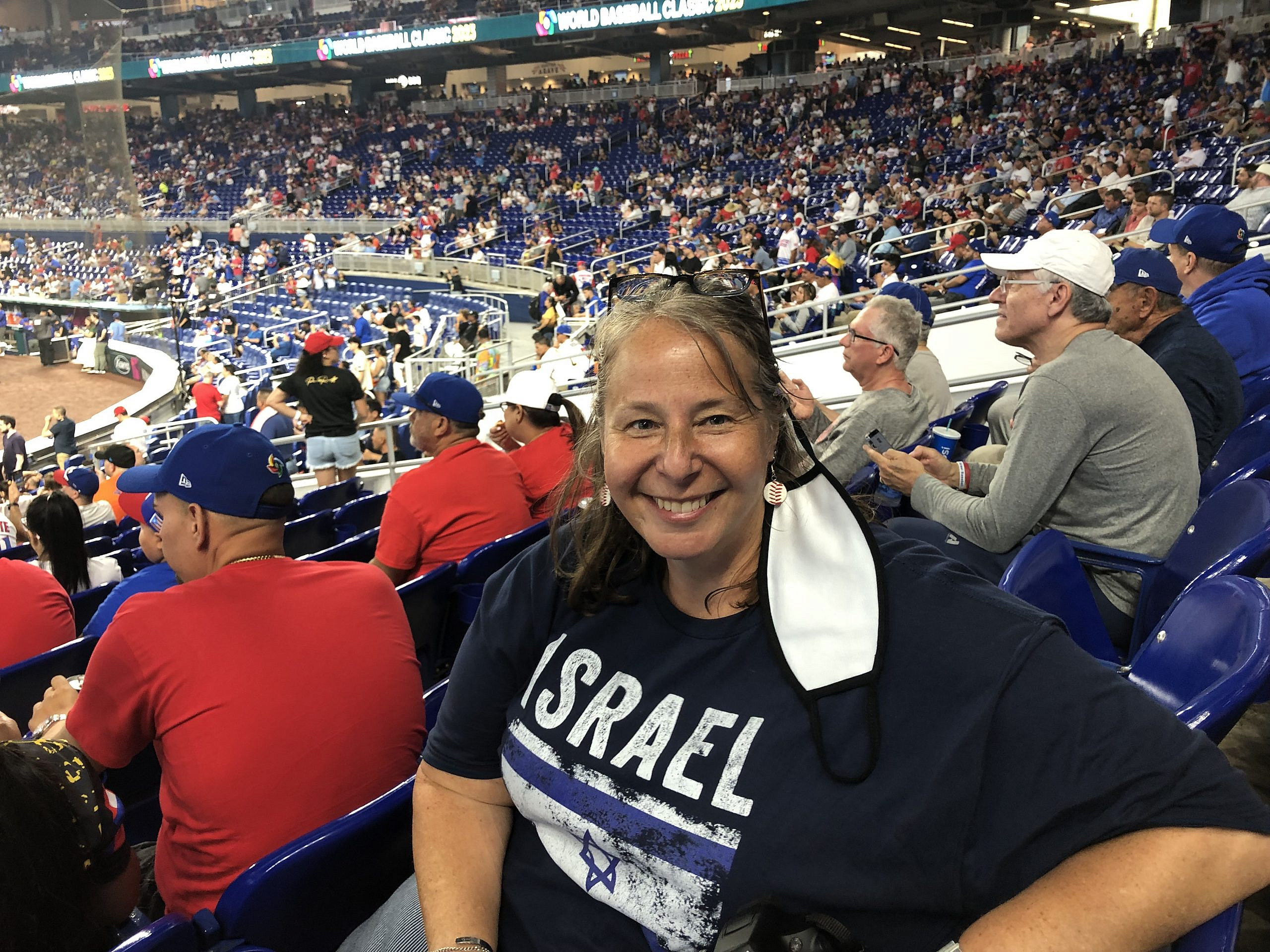Original Article Posted on The Jerusalem Post
After war-related cancellation of tournaments and battling on the PR front, blue-and-white players back winning on the court as the Davis Cup nears.
When the war against Hamas started, the outlook for Israeli tennis looked bleak.
A major men’s tournament set to attract top players to Tel Aviv as well as six lower-level professional tournaments were canceled, a high-profile women’s tennis player offered negative comments about Israel, Israel Tennis Education Centers were unable to offer programs to hundreds of children, and Israel’s come-from-behind Davis Cup victory over favored Japan on September 17, just three weeks before the war, seemed a distant memory.
But thanks to the quick action and commitment of the Israeli tennis community, Israeli tennis is up and running, in the Holy Land and around the world, albeit with some caution and modifications.
The indoor hard-court Tel Aviv Watergen Open, scheduled for November 5-11 at the Expo Tel Aviv was abruptly called off due to the war. In a supportive statement, Association of Tennis Professionals (ATP) Chairman Andrea Gaudenzi said: “The violence and acts of terror witnessed in Israel are beyond comprehension. We strongly condemn any form of terrorism and mourn the loss of innocent lives across this conflict. We hope and pray for peace in the region.”
Two-time Wimbledon finalist and current world No. 6 women’s tennis player, Ons Jabeur, was less sympathetic.

Tunisian tennis star Ons Jabeur has condemned acts of violence on social media, but also included the hashtag #FreePalestine in her post. (credit: REUTERS)
The 29-year-old Tunisian Muslim wrote on Instagram: “What Palestinians have been going through during the last 75 years is indescribable. What innocent civilians are going through is indescribable; no matter what their religion is, or what their origin is. Violence will never bring peace; I cannot stand with violence but I also cannot stand with people having their lands taken.” She ended her post with the #FreePalestine hashtag.
Israel Tennis Association registers a complaint
The ITA (Israel Tennis Association), via the ITF (International Tennis Federation), approached the Women’s Tennis Association (WTA), the main organizing body of professional women’s tennis to complain about Jabeur’s post. Following a win at the WTA finals in Mexico in November, Jabeur continued to comment on the war.
“It’s very tough seeing children, babies dying every day,” she said. “It’s heartbreaking, so I have decided to donate part of my prize money to help the Palestinians.”
Avi Peretz, ITA chairperson, wrote in an ITA Facebook post: “This tennis player fights, incites and supports a murderous terrorist Nazi organization. We’re glad she’s in the minority…”
ITF President David Haggerty shared heartfelt condolences for the plight of Israel and Israelis.
“We are deeply shocked and saddened by the loss of life. Our hearts go out to all those affected by the violence in Israel in recent days.”
Haggerty also thanked the ITA for the help and quick actions it took regarding the evacuation of the dozens of players, coaches and judges who were present in Israel ahead of international tournaments that were to take place in Israel. He added that the ITF “strongly condemns the violence we have witnessed in Israel. It is our fervent hope that peace and security in the region can be found.”
When the Watergen Tel Aviv Open was relocated to Sofia, Bulgaria, on short notice, Peretz played an important role in the tournament.
“My father is from Bulgaria,” he noted. “This is his hometown, and for me this is a very emotional moment.
“I hope that the situation in Israel will normalize and next year we will be able to invite Stefan Tsvetkov [President of the Bulgarian Tennis Federation] to the tournament with us.”
Tsvetkov offered support for Israel.
“We sympathize with our friends from Israel who at the moment cannot have a normal life and sports calendar. I hope that there will be peace in the region again soon.”
At the Sofia Open, Adriana Mannarino of France defeated Jack Draper of England in the Finals, 7-6, 2-6, 6-3.
Back home, meanwhile, former Israel tennis great, Jonathan (Yoni) Erlich, current director of the high-performance program at ITEC, reports on their countrywide efforts to meet the needs of children in need throughout Israel during these difficult times.
“For the first 10 days, the whole country was in shock and all of the tennis centers were shut down,” Erlich said. “But right away, we were in communication with our kids – through chat, Zoom and WhatsApp. Since there was no school, we gave them videos for homework, and encouraged them to keep active and exercise.”
ITEC has helped over 500,000 children, many of whom live in underserved towns throughout Israel, since opening its first center in 1976. ITEC currently serves nearly 7,000 children weekly throughout 24 Israeli communities.
Erlich recounted ways in which ITEC families and staff have been pitching in during the war.
“When people were evacuated from the south and from the north, families in Tel Aviv, Ramat Hasharon, Jerusalem, Haifa, and other places opened their homes to players and their families. We really used our great and strong organization to take care of all of our kids.”
He noted that within two or three weeks, tennis centers with bomb shelters resumed tennis operations and children were welcomed to play in any open center.
ITEC has also hosted soldiers from Special Forces in their Ramat Hasharon center for what Erlich described as a day of “fun, tennis, lessons and lectures about motivation” by himself and his former longtime doubles partner, Andy Ram.
Erlich, who is also captain of Israel’s Davis Cup team, recently learned that his team will be playing its next round versus the Czech Republic in the Czech Republic in February.
Israel is one of 24 teams to play in the Davis Cup qualifiers on the road to the World Cup.
“It is huge! I feel very fortunate to lead the team and still be connected with the Davis Cup after 23 years.”
There have been some posts on social media calling on the ITF (International Tennis Federation) to not allow Israel to participate in the Davis Cup. They note the ban on Russian players in the wake of the Ukraine conflict, who have not been allowed to participate in team events in tennis since March 1, 2022.
Erlich is unfamiliar with such posts and looks forward to his work with the current team (he has not named the team members yet). He is also excited about the “next generation” he hopes will emerge in the next few years.
In the meantime, several potential Israeli Davis Cup team players continue to represent their country in tournaments around the world.
Yshai Oliel, No. 434 in the world, recently advanced to the quarterfinals and semifinals of several tournaments in Greece. Daniel Cukierman, No. 481, played several tournaments in Italy, advancing to the quarterfinals in Ortisei, Italy.
Erlich is looking forward to the very important upcoming Davis Cup tie.
“Now it is more urgent to do something great and show joy. We will go proudly to the tournament. If we usually give 100%, this year we will give 200%!”









